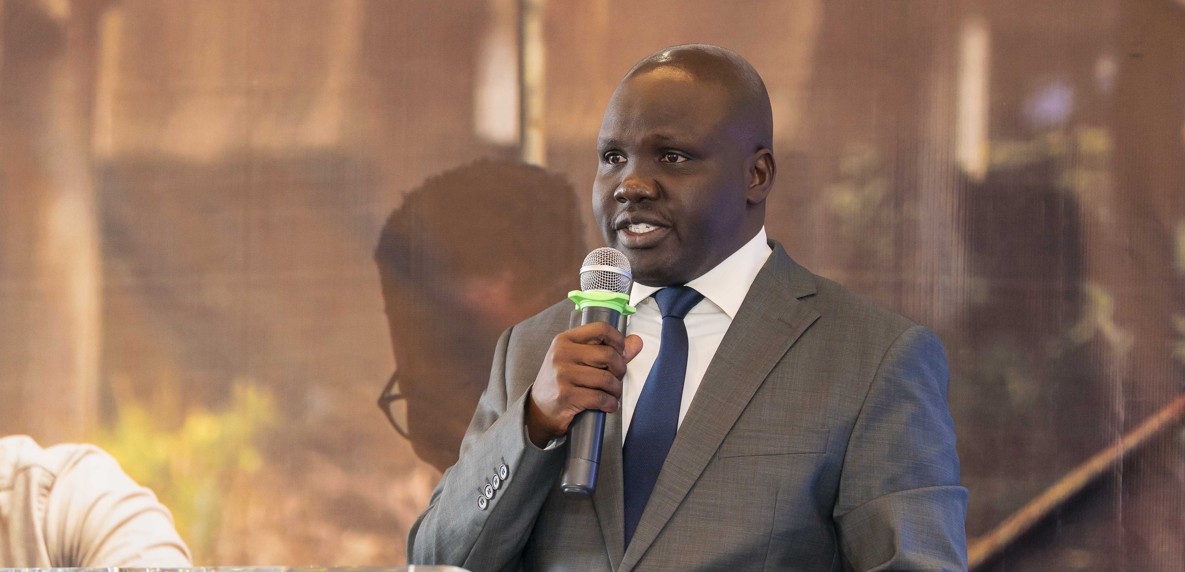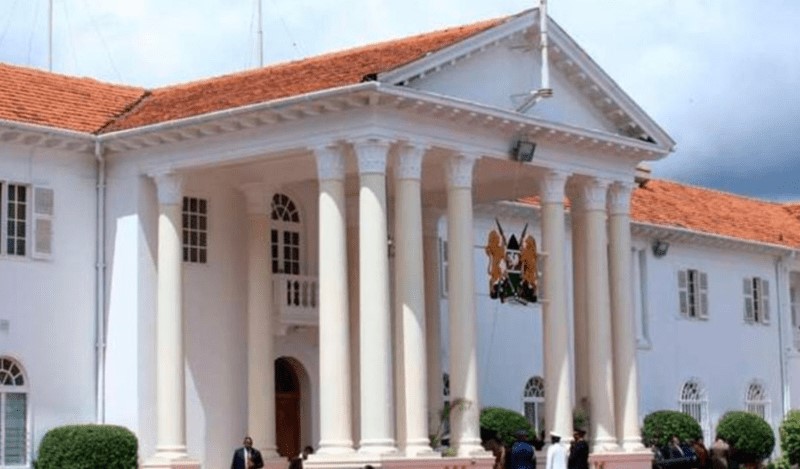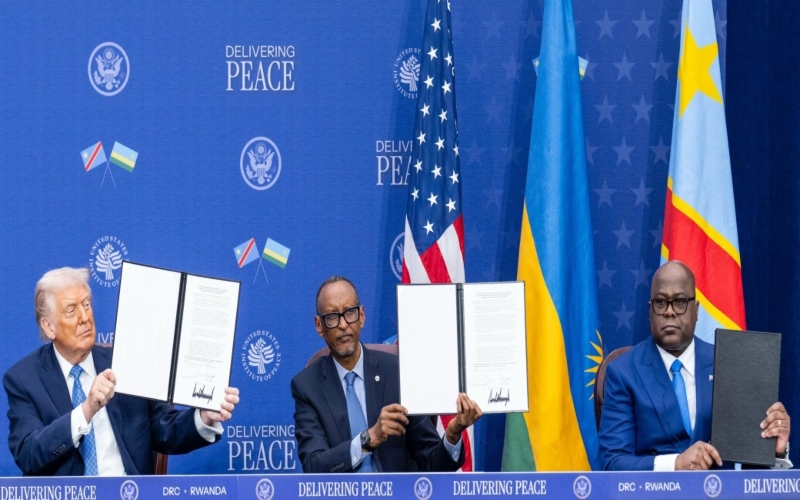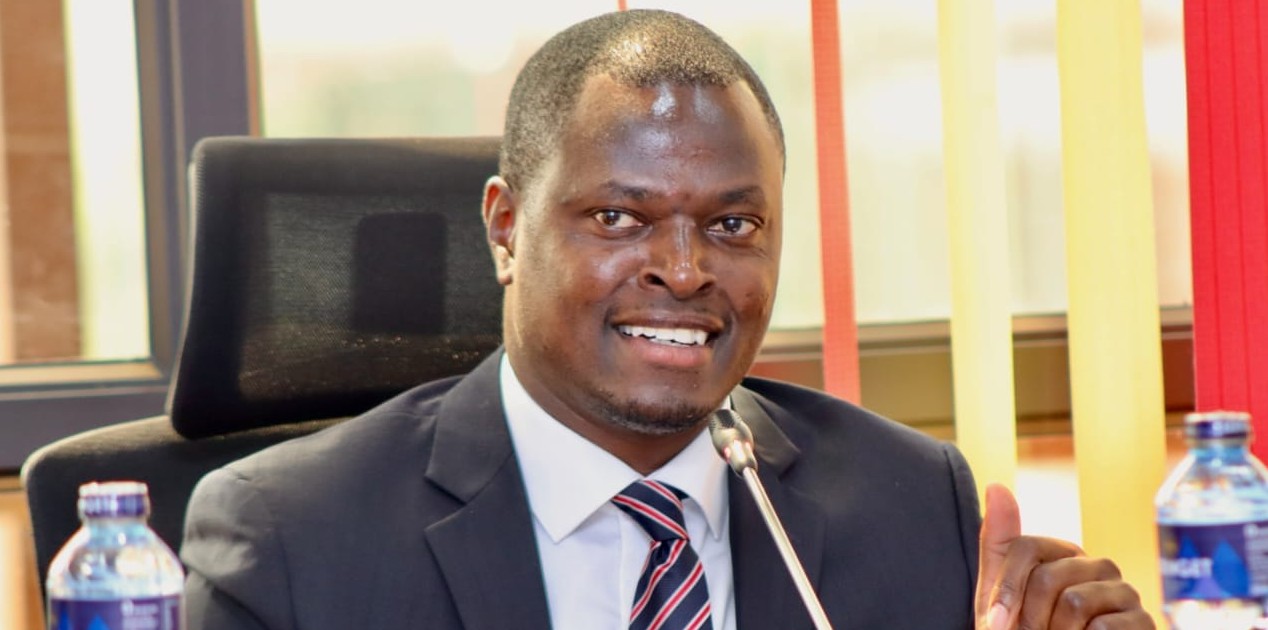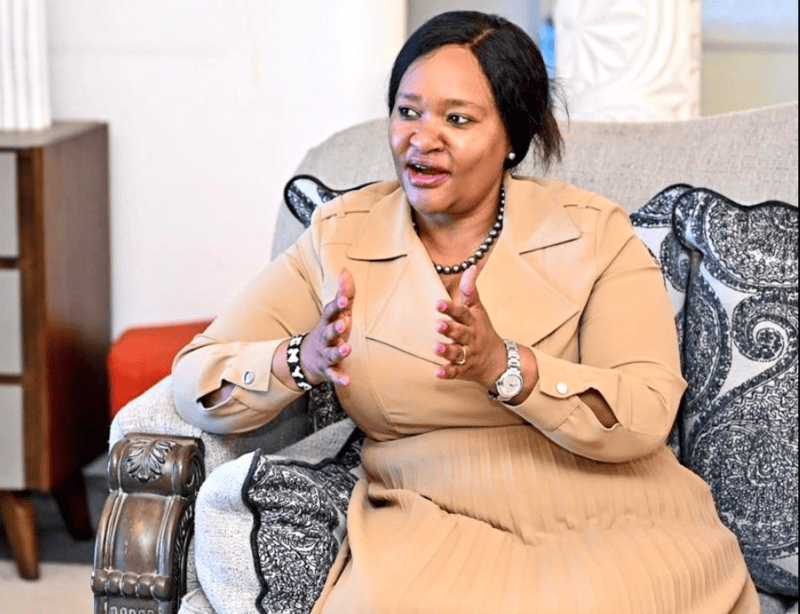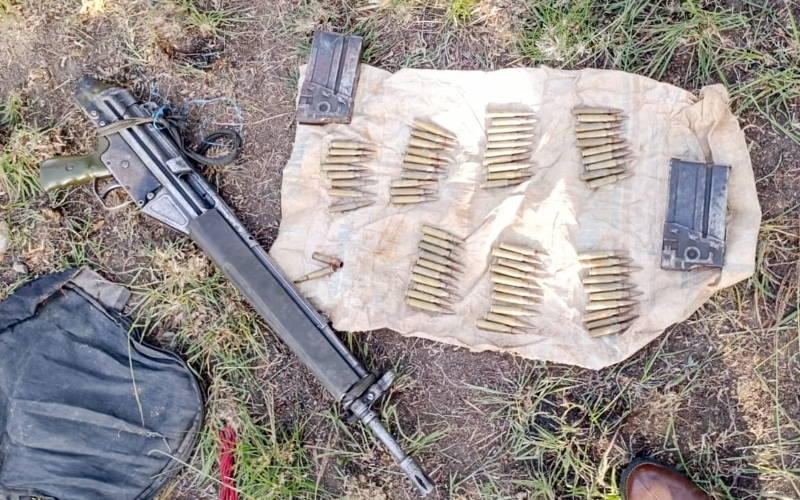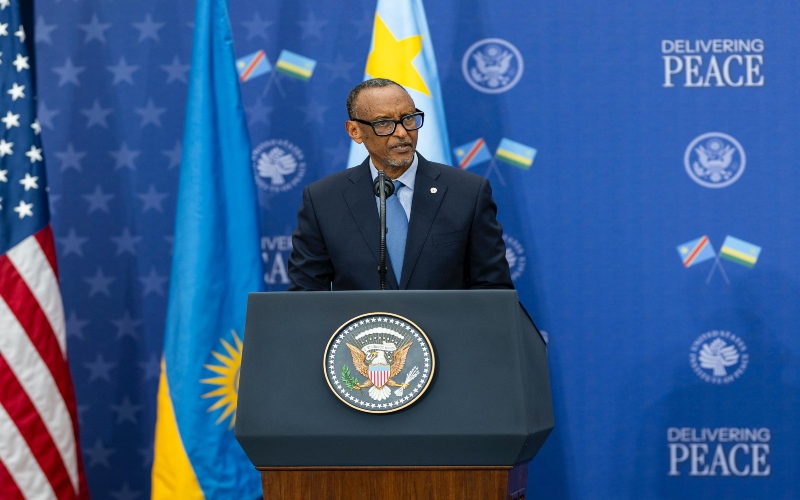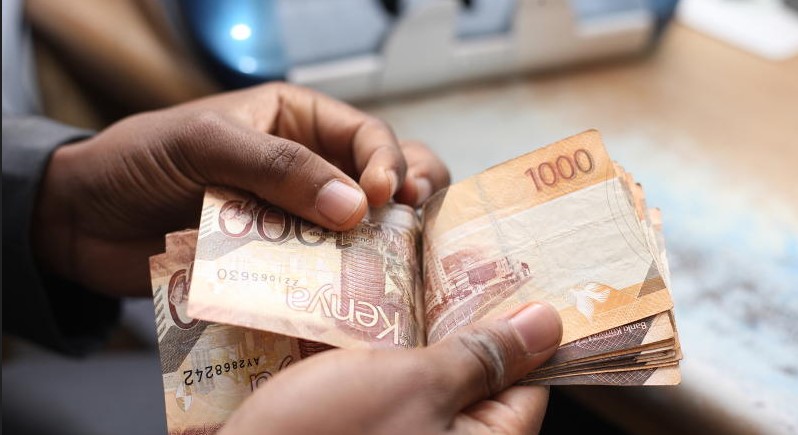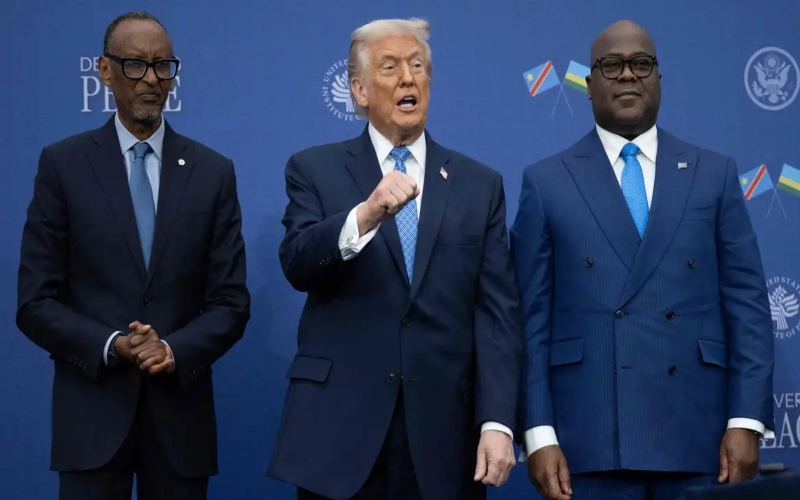Somali Electoral Commission to begin voter card distribution in Banadir ahead of elections
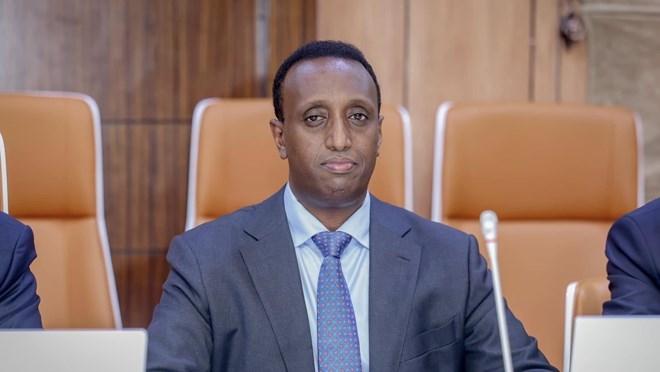
The Commission has established 42 voter card distribution centres across these districts to ensure that residents can access their cards without difficulty.
The Somali National Electoral Commission (NEC) has announced that it will begin distributing voter identification cards to residents of the Banadir region next week, marking an important step in the country’s preparations for upcoming local elections.
The process will officially commence in Mogadishu, where eligible citizens will start receiving their voter cards in designated collection centres.
More To Read
- Trump faces rising backlash over remarks targeting Somali immigrants
- Somalia welcomes first group of Sudanese students under new scholarship programme
- Mogadishu’s Hamarweyne market shut for third day amid tax dispute
- How to make sweet and savoury plantains at home
- Somalia on high alert as Marburg virus outbreak hits neighbouring Ethiopia
- Mogadishu police, intelligence agents crack down on armed groups after surge in street crime
Addressing journalists in Mogadishu, the Chairperson of the Commission, Abdikarin Ahmed Hassan, confirmed that registered voters will soon be notified about the specific dates and locations where they can collect their cards.
He said the Commission has put in place a system that will guide each voter on when and where to collect their card.
“A message will be sent to everyone, and they are requested to go to the place where they registered to collect their card to vote,” said Abdikarin.
According to the Chairperson, the initial phase of the card distribution will begin in the coastal districts of Xamar Weyne, Shingani, Boondheere, Xamar Jajab, Waaberi, Shibis, and Abdiaziz. He explained that these areas were selected for the first rollout because logistical preparations had already been finalised.
The Commission has established 42 voter card distribution centres across these districts to ensure that residents can access their cards without difficulty.
The NEC said the process will continue to other districts of Banadir once the first phase is completed. The Commission has worked with local authorities to put in place arrangements that guarantee transparency, accessibility, and public awareness.
Officials emphasised that the exercise is part of broader efforts to build confidence in the electoral process and encourage participation among citizens.
Recent data released by the NEC indicates that more than 900,000 people have registered to vote in the forthcoming district-level elections. This figure, according to the Commission, demonstrates growing public participation in Somalia’s democratic process and reflects increasing trust in national institutions.
The Commission said that maintaining this level of engagement will be critical in strengthening electoral integrity and ensuring credible results.
The Federal Government of Somalia has stated that the local elections are a significant step toward establishing a democratic system that is inclusive and accountable.
Officials have repeatedly underscored the government’s commitment to holding free and fair elections that comply with both national laws and international standards. The government views the district elections as part of a longer journey toward a nationwide electoral system grounded in universal suffrage.
Universal suffrage, the right of every adult citizen to vote regardless of gender, social standing, or clan identity, is at the centre of Somalia’s long-term democratic vision.
The system represents a major shift from the clan-based power-sharing model that has defined Somali politics for decades.
Through this transformation, the government aims to ensure that leadership is determined directly by the people, giving every citizen an equal opportunity to shape the country’s political future.
Analysts and observers have described universal suffrage as a key component of Somalia’s state-building process. They note that implementing such a system will help strengthen national unity, increase accountability, and promote political stability.
By giving all citizens the right to choose their leaders through the ballot, Somalia seeks to move away from the limited representation that has often led to exclusion and division.
Top Stories Today




